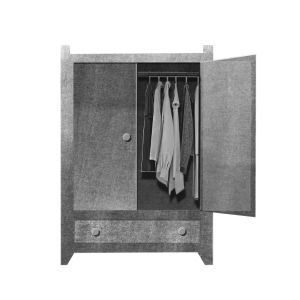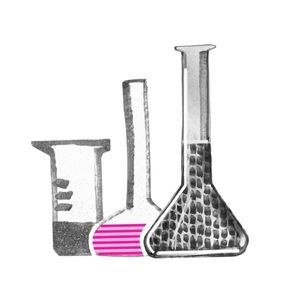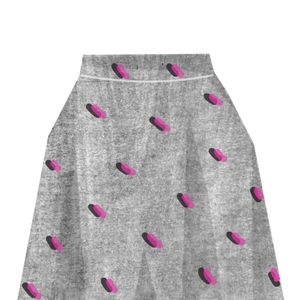Czy wiesz, że w Twoich ubraniach mogą znajdować się szkodliwe substancje? Wiele tkanin potraktowanych jest chemikaliami, takimi jak formaldehyd czy barwniki azowe, aby były trwalsze i bardziej atrakcyjne wizualnie. Niestety, kontakt skóry z takimi związkami może prowadzić do alergii, podrażnień czy zaburzeń hormonalnych. Szczególnie narażone są dzieci, których skóra jest bardziej wrażliwa. Warto zwracać uwagę na tekstylia (nie tylko ubrania) w naszym otoczeniu. Chcesz wiedzieć co Cię truje? Zrób przegląd mieszkania z aplikacją CheckED. W ciągu kilku minut otrzymasz informacje o stopniu narażenia na toksyny i rady, jak się chronić.
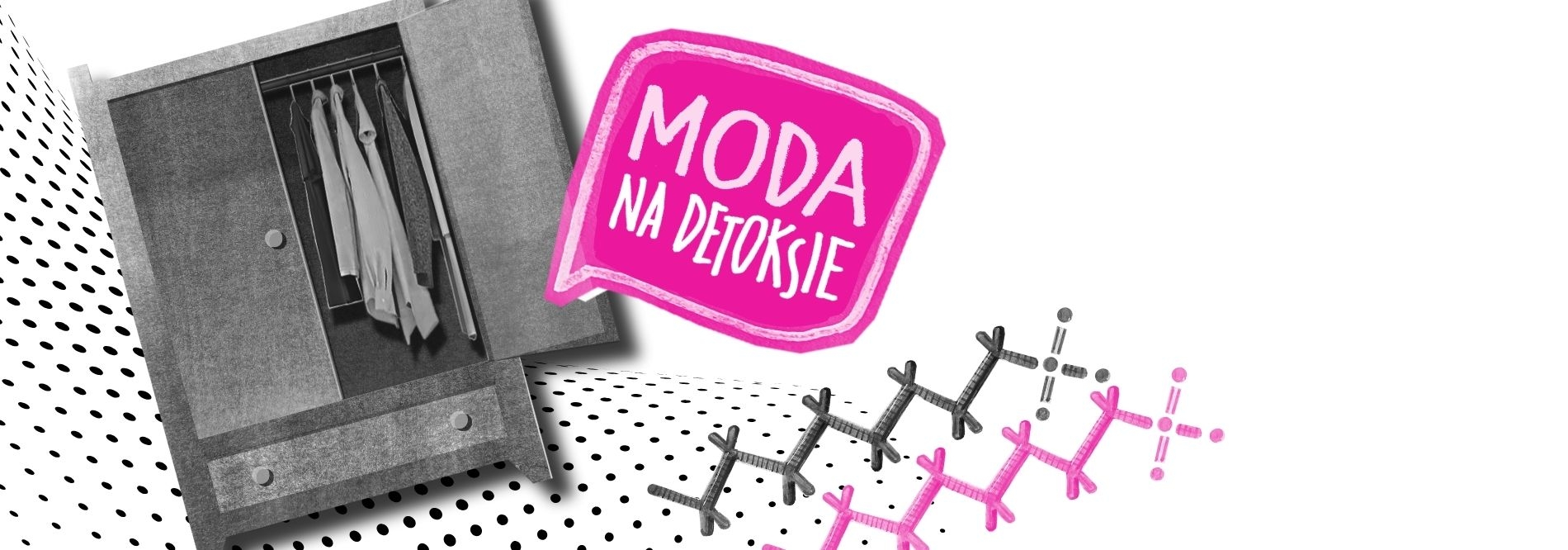
Wiele tkanin potraktowanych jest chemikaliami, takimi jak formaldehyd czy barwniki azowe, aby były trwalsze i bardziej atrakcyjne wizualnie. Kontakt skóry z takimi związkami może prowadzić do alergii, podrażnień czy zaburzeń hormonalnych.
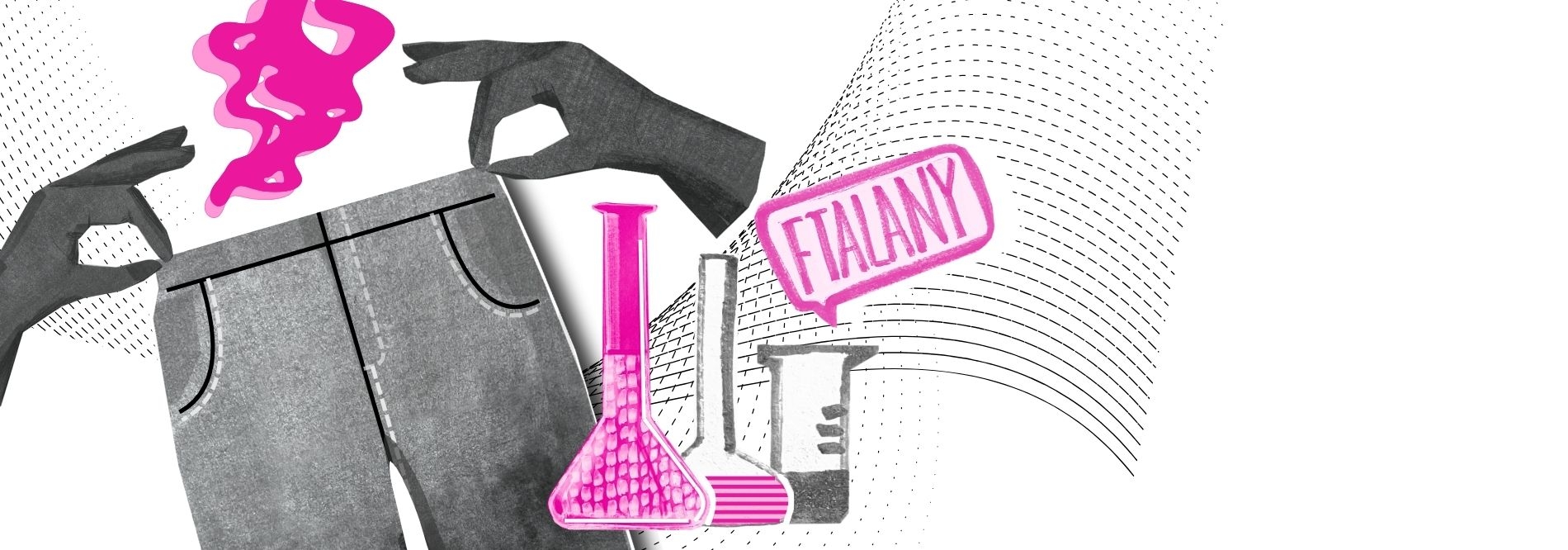
Nie tylko nasze zdrowie cierpi przez chemikalia w odzieży – ich wpływ na środowisko jest równie niepokojący. Substancje stosowane w produkcji, takie jak PFASY (wieczne chemikalia) czy pestycydy, zanieczyszczają rzeki i gleby.
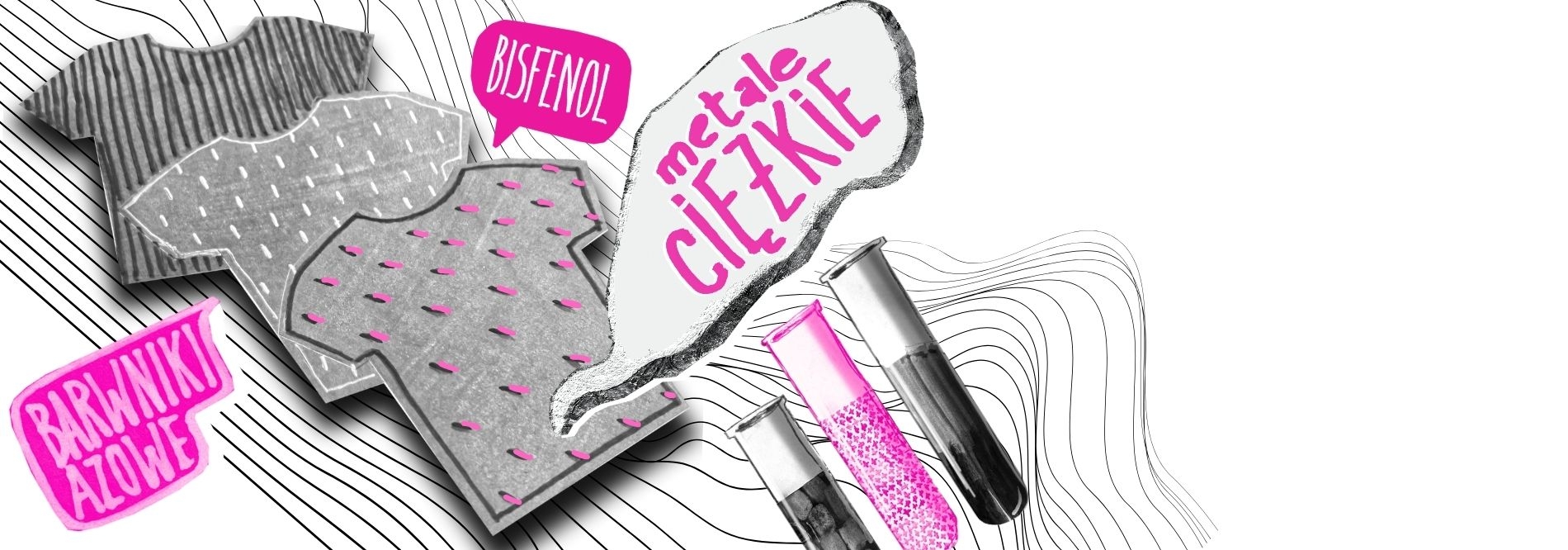
Tania moda ma swoją ukrytą cenę – i płacimy ją wszyscy. Aby produkować ubrania na masową skalę i przy minimalnych kosztach, firmy często stosują toksyczne chemikalia, które są tanie, ale szkodliwe.
Przekaż 1,5%
podatku
podatku
na detoks
Twojej szafy!
Twojej szafy!
KRS 0000 496 918

